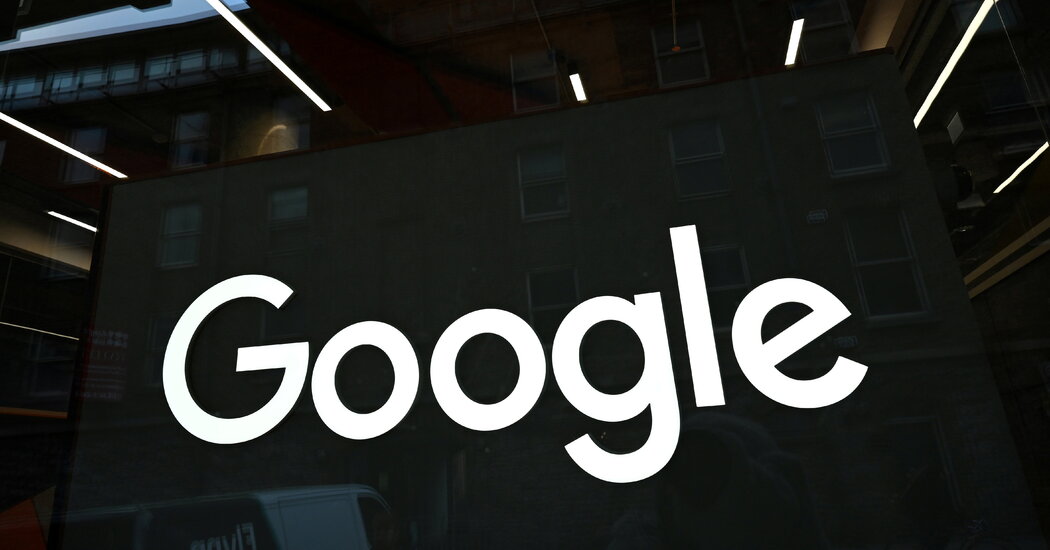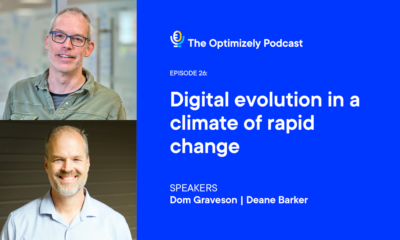Google Pledged to Remove Ads From Climate Denial Sites, but Many Still Run

Researchers found ads placed by Google on sites that falsely call global warming a hoax. The revenue those sites earn from the ads can fund further misinformation.

Ahead of last month’s United Nations global climate summit, Google, the world’s biggest provider of ads online, made a big announcement: It would stop placing ads on sites that deny the scientific consensus on climate change.
Banned from profiting from its advertising program, Google said, were sites and videos falsely referring to global warming as a hoax or a scam. Also no longer welcome to run Google ads: Content falsely claiming that greenhouse gas emissions, or human activity, do not contribute to climate change.
But new research shows that Google’s policy has had limited effect so far.
As of Wednesday, ads placed by Google were still running on scores of articles, including ones on major right-wing sites like Breitbart, that falsely called global warming a hoax and described the United Nations climate conference last month as “a gigantic eco-fascist gaslighting operation.” In reality, diplomats from nearly 200 countries struck a major agreement to intensify efforts to fight the serious hazards posed by a hotter planet.
The Center for Countering Digital Hate, a nonprofit group based in London, said on Thursday that it had counted at least 50 new climate denial articles on 14 different sites, all published after Nov. 9, when Google’s new policy was to have taken effect. An earlier report by the center’s researchers found that 10 of the most prominent publishers of climate denial content had received nearly 1.1 billion visits in the six months before the climate conference.
That’s a concern because the ad revenue that these denial sites earn by running Google ads then helps to fund more denial content, said Imran Ahmed, the center’s chief executive. “The more ad revenue they get, the more they can pump out articles and they can get it in front of as many eyeballs as possible,” he said.
In fact, Google’s business model, to maximize its reach on the internet and to use personal data and algorithms to optimize ad placements, had made it “a major route for the monetization of malignant content, whether it’s vaccine denial, identity-based hate, climate denial,” Mr. Ahmed said.
Michael Aciman, a spokesman for Google, said the company had reviewed the pages in question and had taken “appropriate enforcement actions.” Early on Thursday, Breitbart climate denial articles that had displayed ads placed by Google were no longer displaying them.
“When we find content that crosses the line from policy debate to promoting climate change denial, we stop serving ads on that page or site,” Mr. Aciman said.
The findings underscore how Google has struggled to rein in even blatant examples of climate denialism, experts said. The company’s latest pledge was triggered by mounting pressure on Google to stop monetizing the worst examples of online climate denial.
Understand the Lastest News on Climate Change
“There’s no ambiguity that these pages are out of sync with mainstream climate science,” said John Cook, an assistant professor at the Center for Climate Change Communication at George Mason University, whose research encompasses using machine learning to identify climate misinformation. “They shouldn’t be difficult to blacklist.”
And even though much of the rest of the world has moved on from more blatant forms of climate denialism, the United States has remained particularly vulnerable, Dr. Cook said. “There are parts of the country where science denial is still flourishing, and those tend to be the markets for these types of web pages,” he said. “Climate misinformation confuses and polarizes the public, delays climate action and reduces trust in scientists.”
Google, whose parent company is Alphabet, has also come under pressure to counter election-related misinformation across its platforms, which include the video sharing site YouTube.
Google has said that it is using a mix of automated detection and human review to evaluate content, including YouTube videos. It normally disables ads on a page-by-page level, though egregious or persistent violations can trigger action against an entire site. Publishers have the option of appealing a decision or addressing their violations and applying for reinstatement.















You must be logged in to post a comment Login